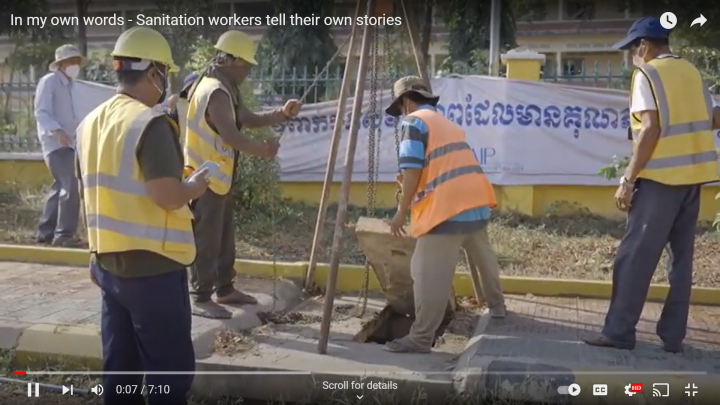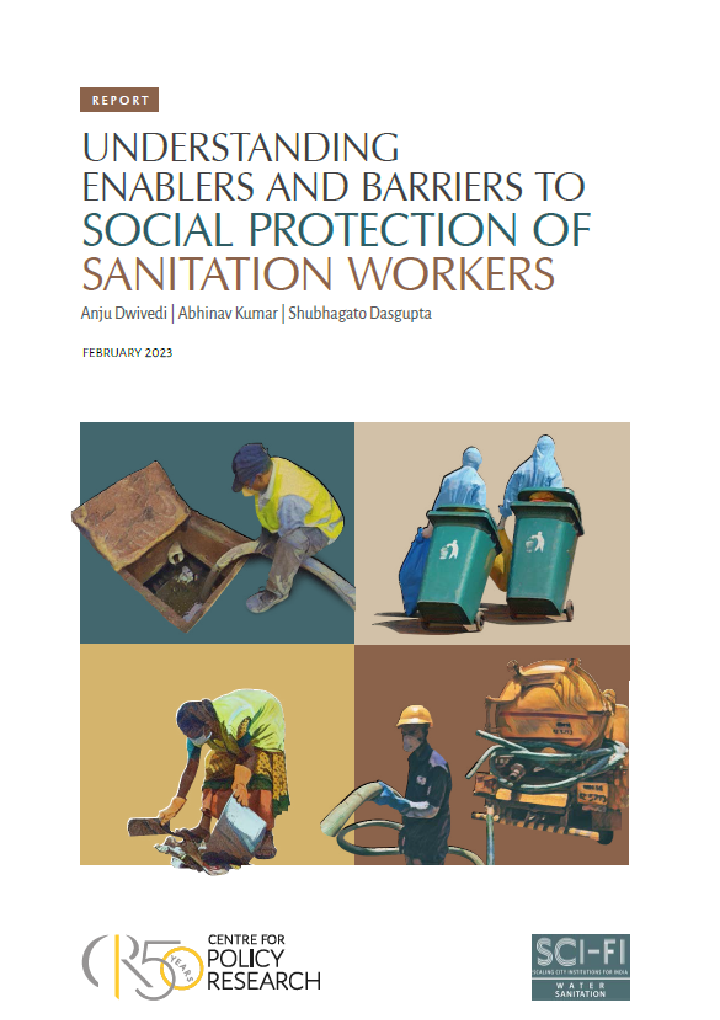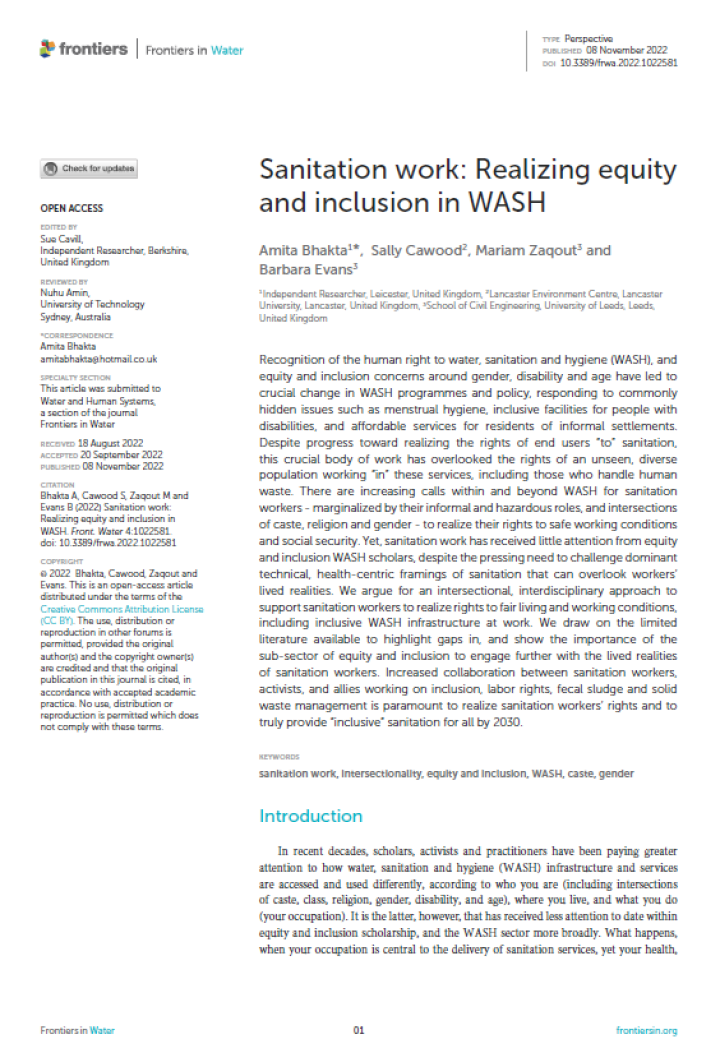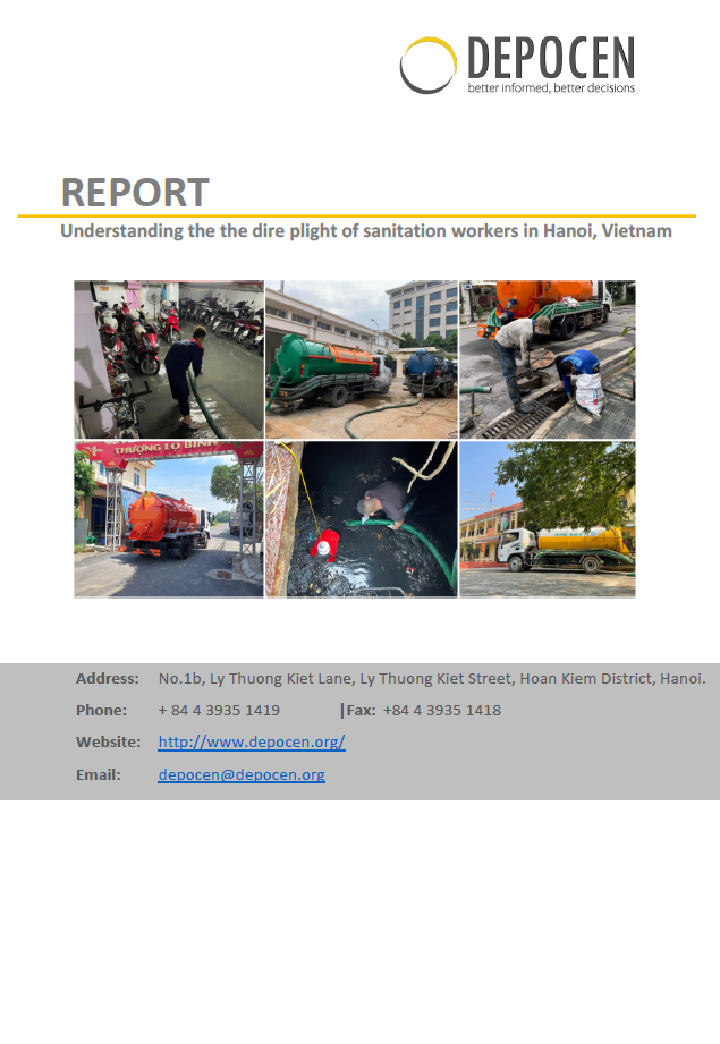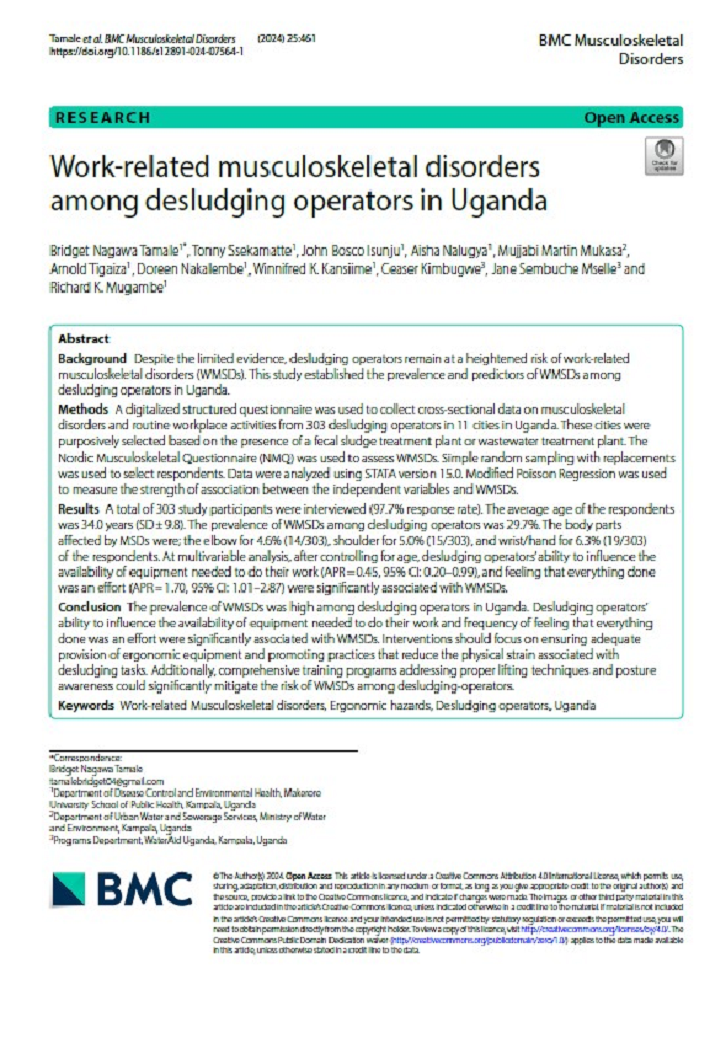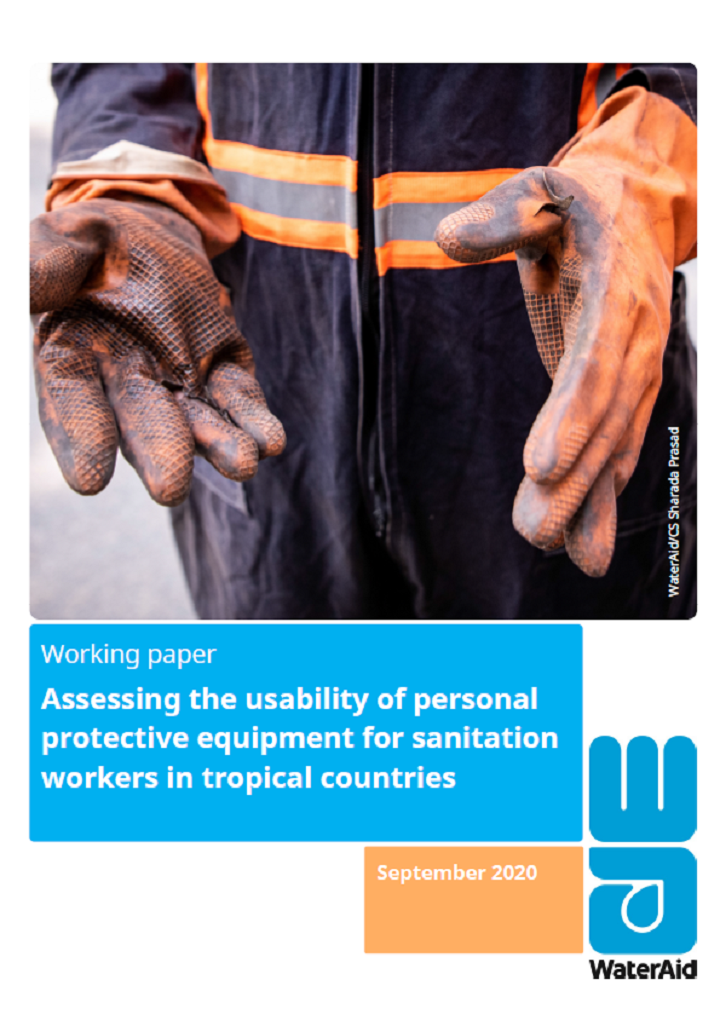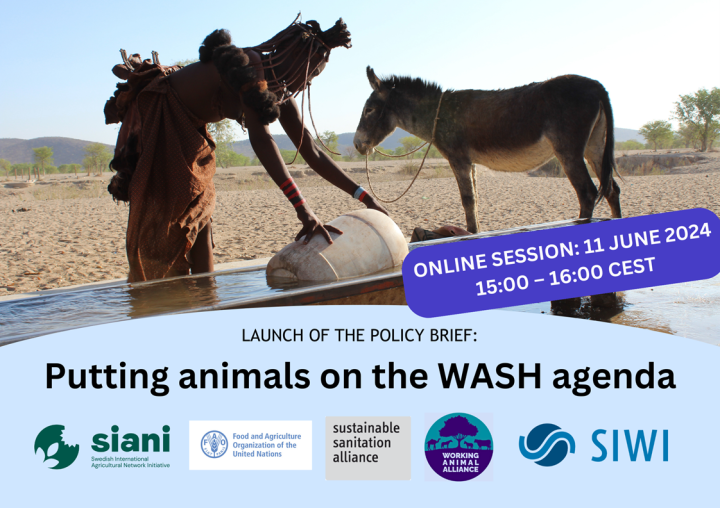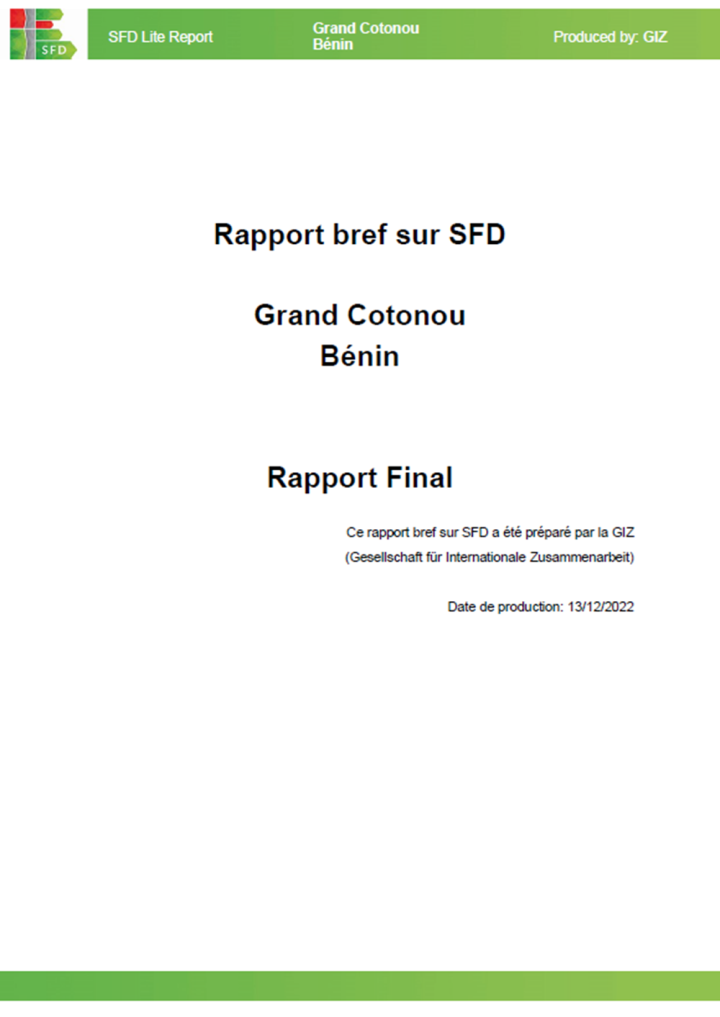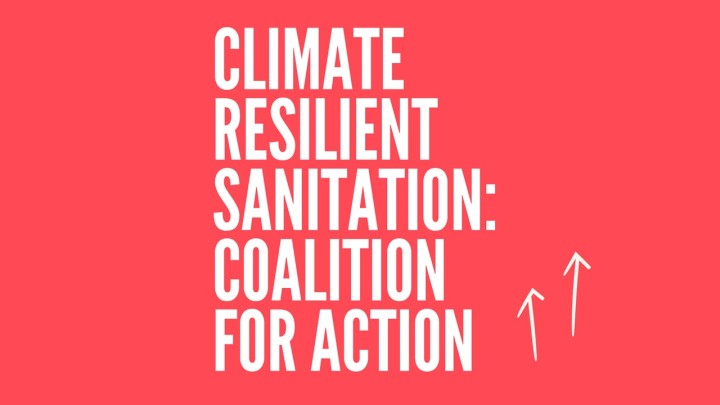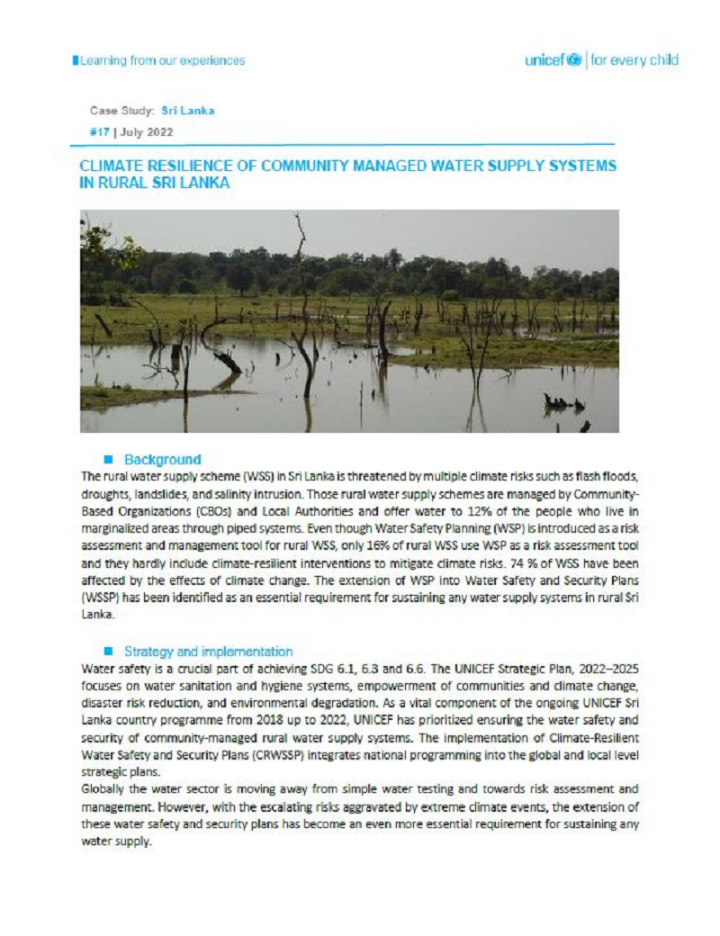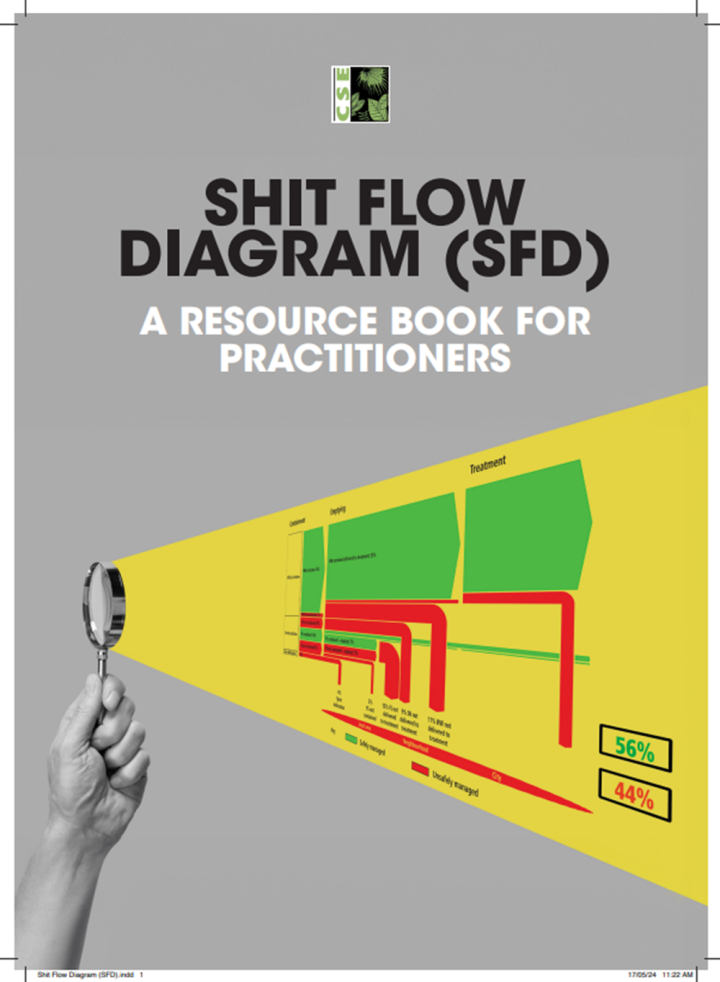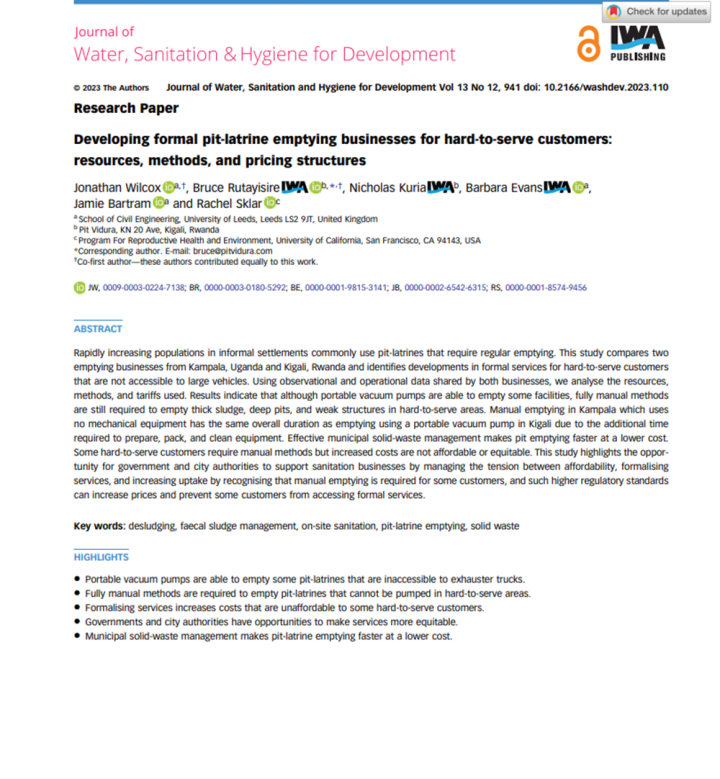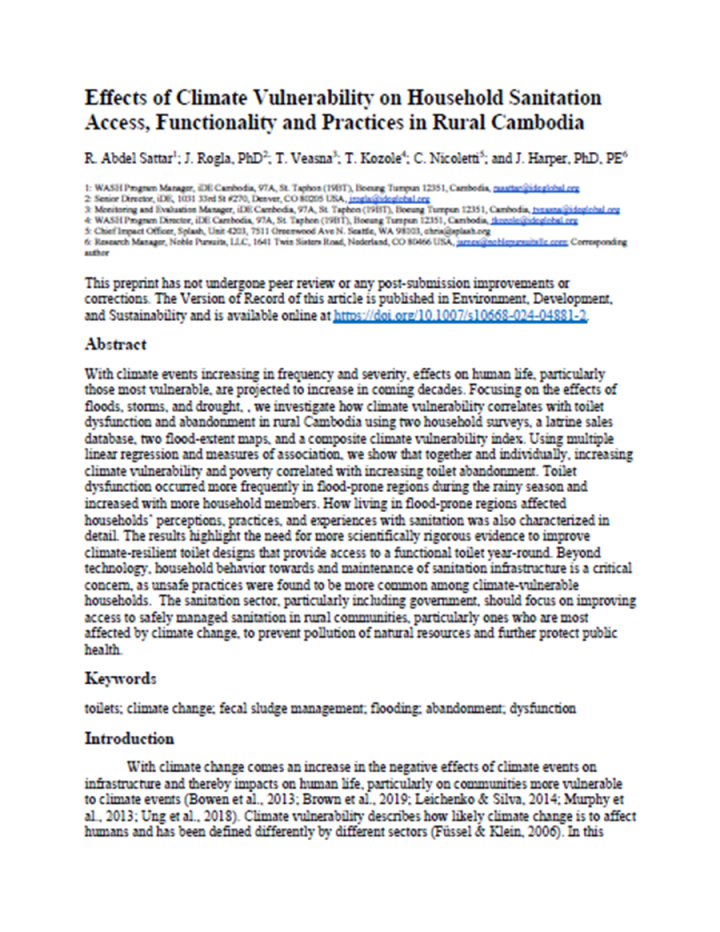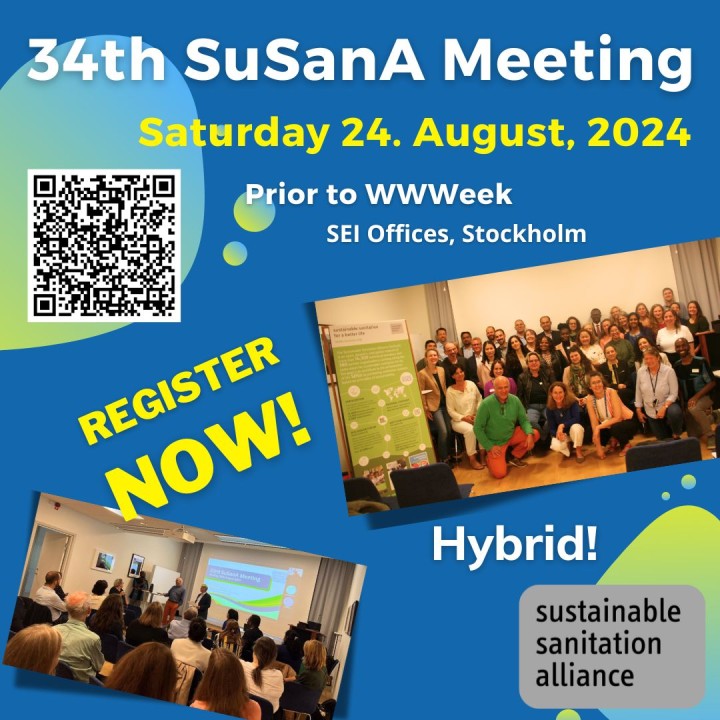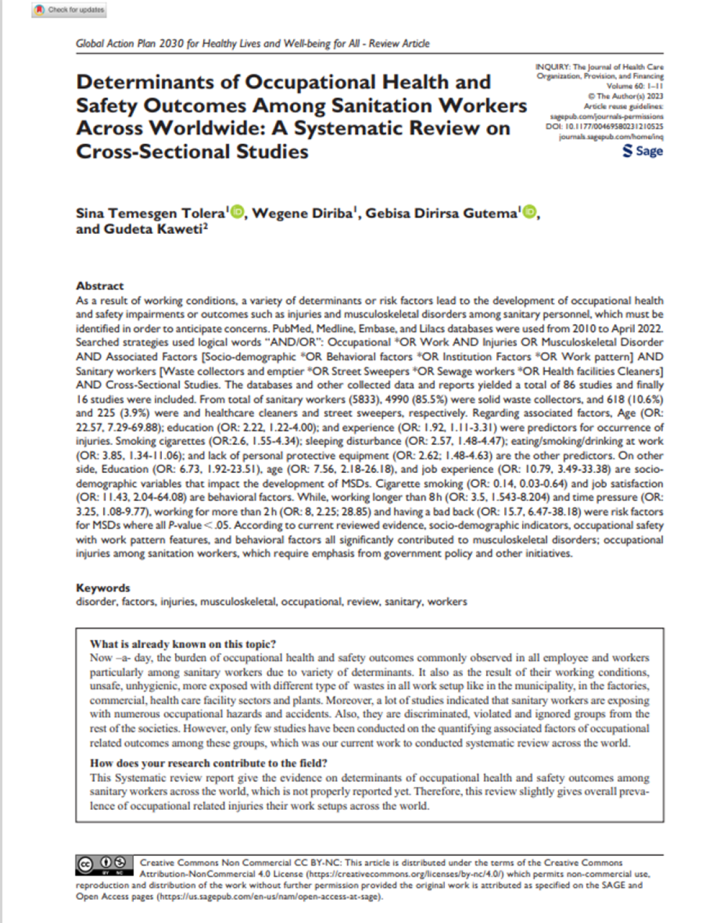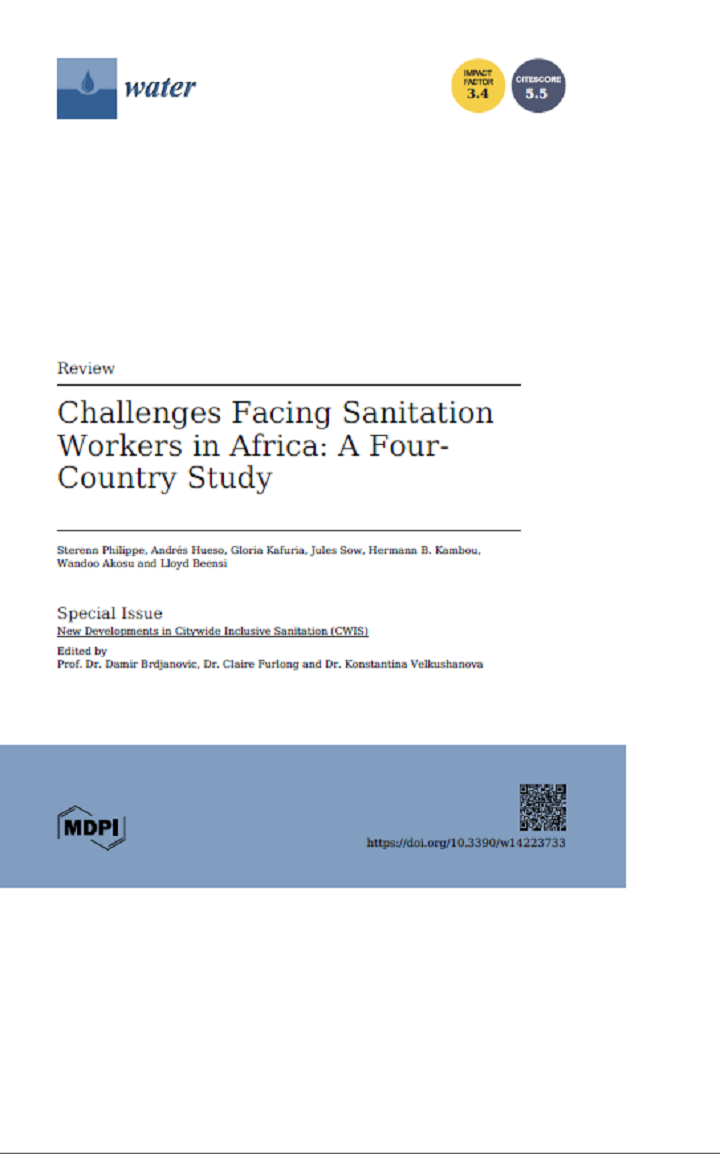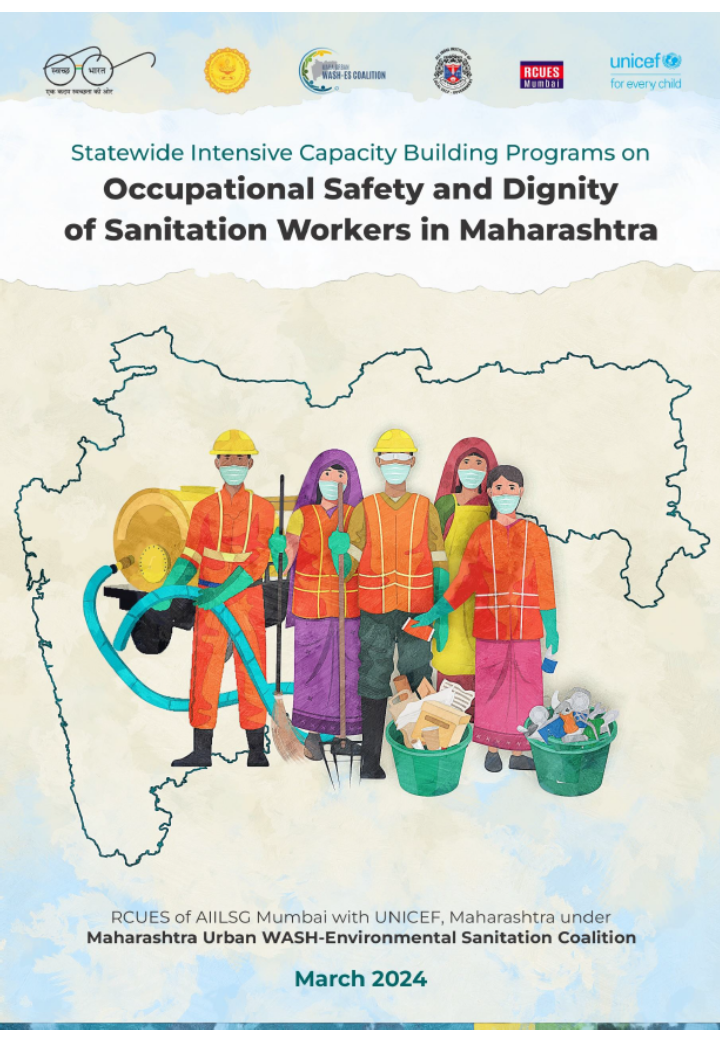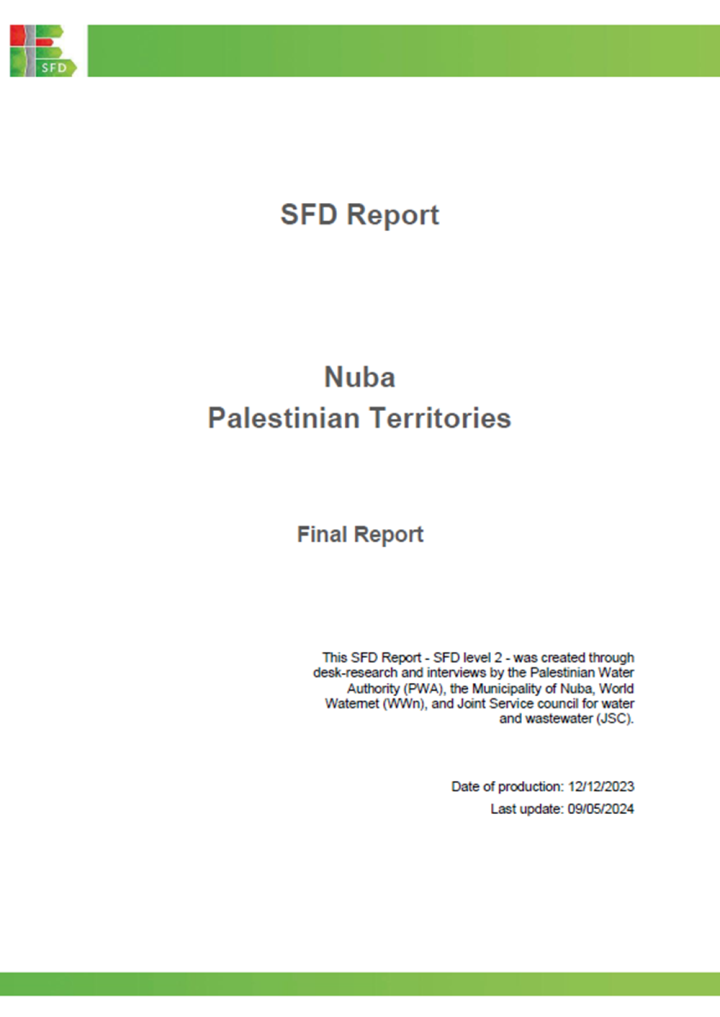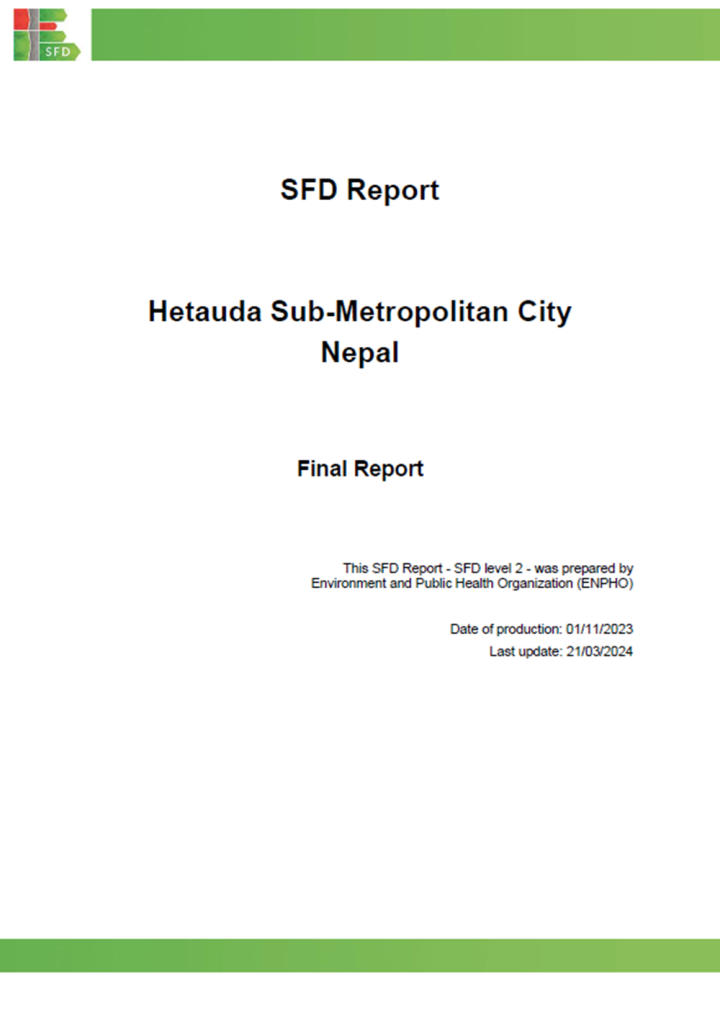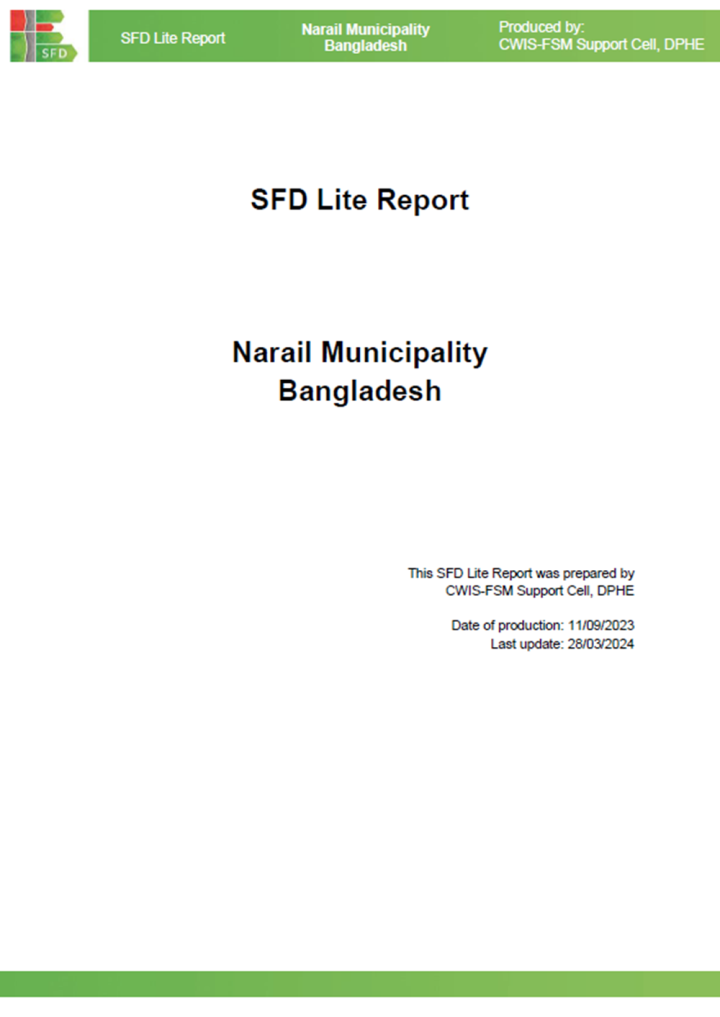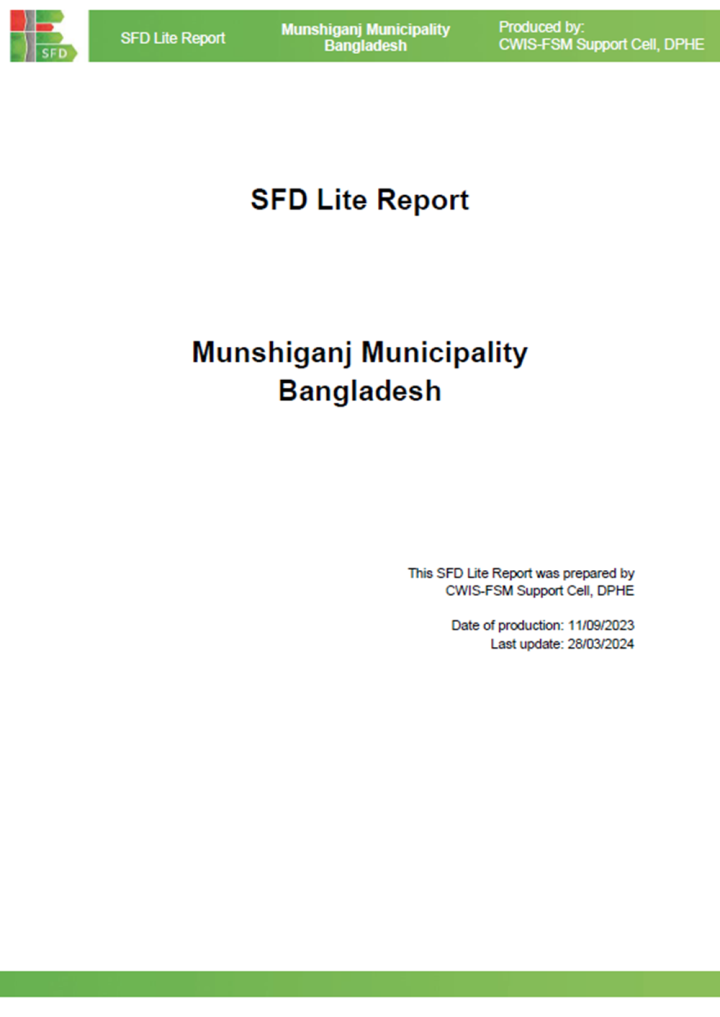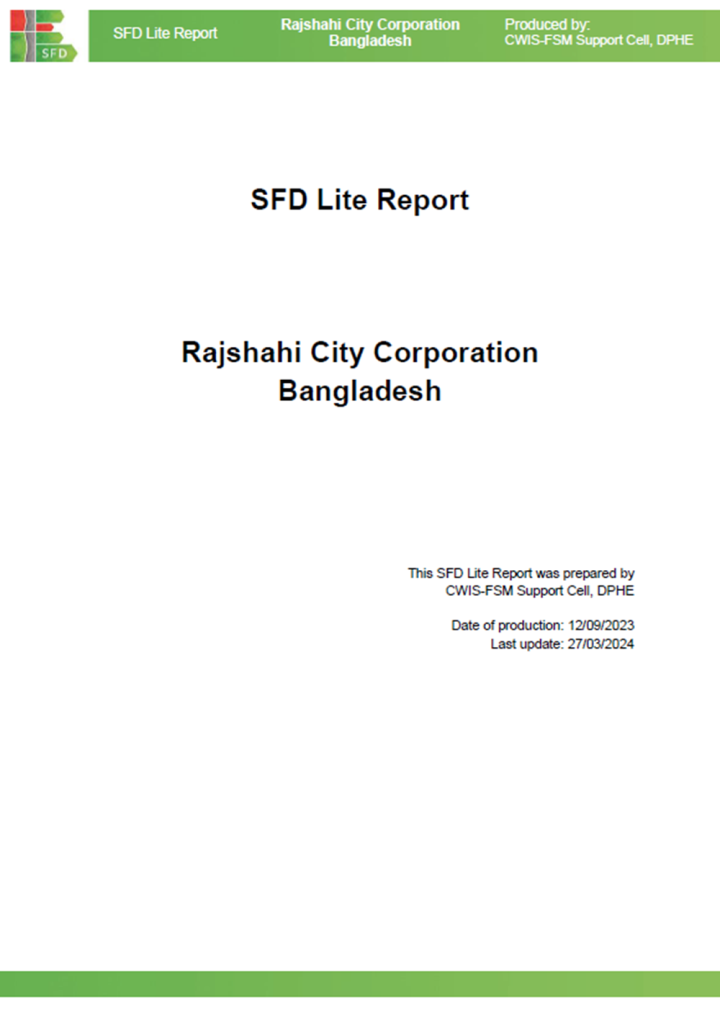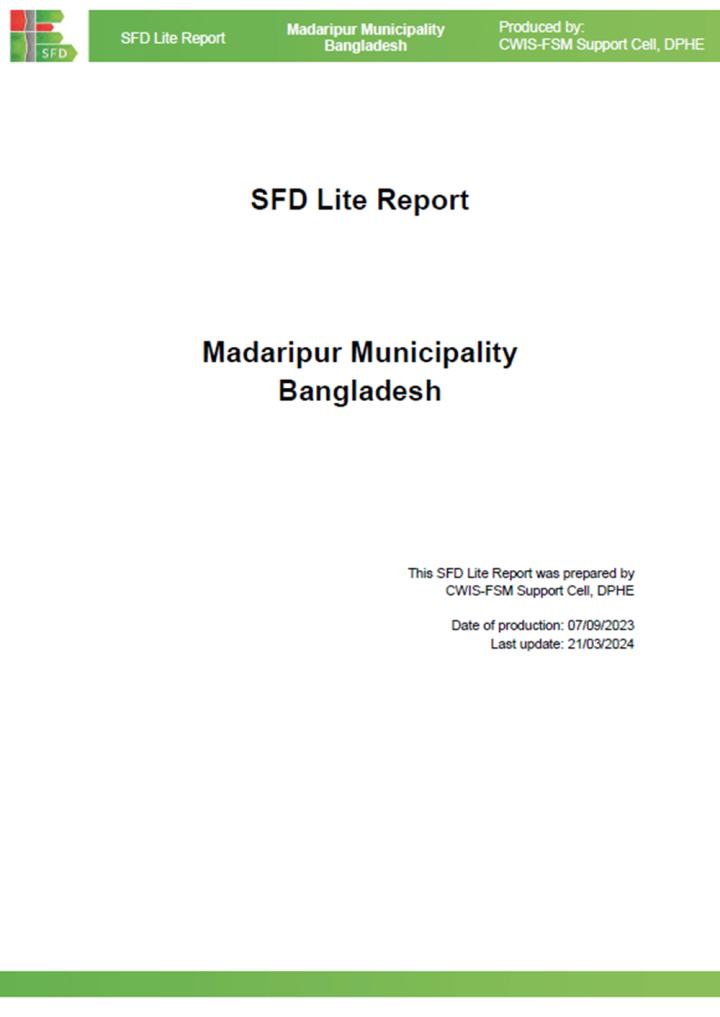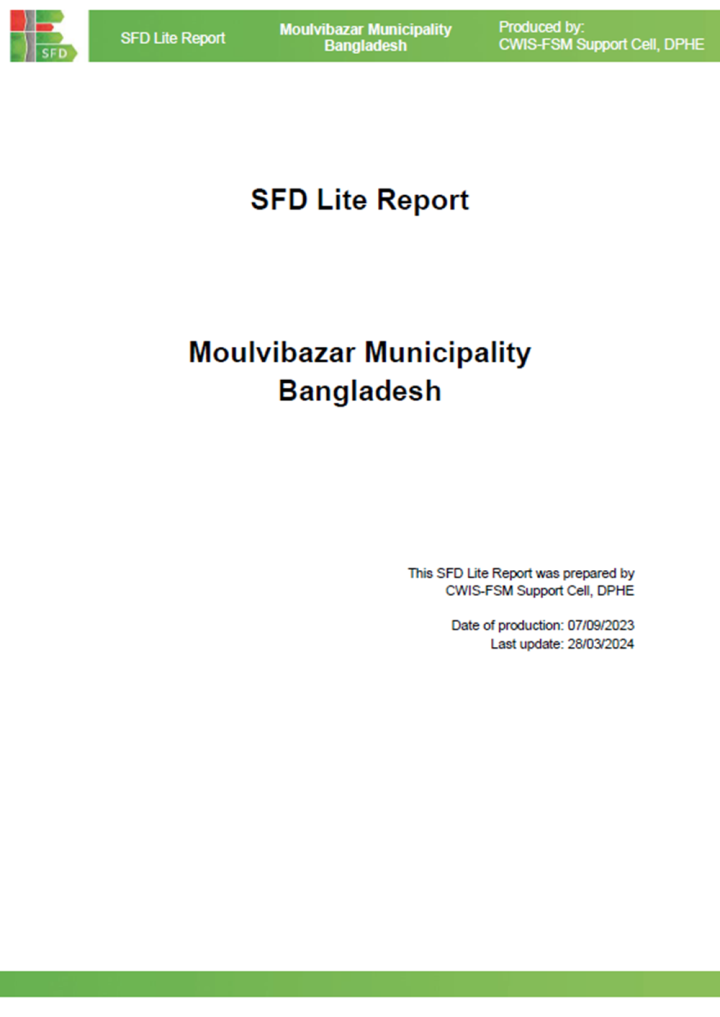Searching for information on Sanitation Workers?
The Sanitation Workers Knowledge + Learning Hub is the best source for all current news, trends, articles and updates on sanitation workers rights around the world.
Though a lot of efforts and supports have been provided to sanitation workers, still their nature of works are critical and dangerous to their health and hygiene, and most of the time lack of respect, support and collaboration from local people.
Sanitation workers of in Battambang city have full right like other citizens. They are key workers that shall be treated with respect, recognition, …
The stigmatised caste system in India remains to be the key determinant of the fate of these workers. As a result, people, families and communities mainly ‘Dalits’ are compelled to perform these tasks which are not just hazardous and stigmatising but also highly underpaid. This not only makes their identities confined to sanitation work they are involved in, but also pushes them to accept the …
In the past decade, India's Swachh Bharat Mission has significantly improved sanitation infrastructure, including toilets and treatment plants. However, sanitation workers, essential to maintaining safe sanitation, face hazardous conditions, discrimination, long hours, and low social status. To address these issues, the Government of India and state governments have launched various social …
Recognition of the human right to water, sanitation and hygiene (WASH), and equity and inclusion concerns around gender, disability and age have led to crucial change in WASH programmes and policy, responding to commonly hidden issues such as menstrual hygiene, inclusive facilities for people with disabilities, and affordable services for residents of informal settlements. Despite progress toward …
The rapid urban development in Hanoi has exposed weaknesses in the city's sanitation infrastructure, straining the waste management system and increasing pressures on sanitation workers who already face hazardous conditions, financial insecurity, and societal discrimination. The study found that urban workers face more health hazards, while rural workers suffer greater job and financial …
Work-related musculoskeletal disorders (WMSDs) are a significant occupational health concern, particularly among workers engaged in physically demanding and labor-intensive tasks. Desludging operators, who are responsible for the removal and management of fecal sludge, are particularly susceptible to these disorders due to the strenuous nature of their work. Despite the critical role they play in …
Efforts to meet SDG target 6.2 overlook sanitation workers' health and safety. In low- and middle-income countries (LMICs), workers lack proper personal protective equipment (PPE), leading to risks of injury and illness. Even when available, PPE is inconsistently used. This study examines PPE usability for sewer cleaners and tank emptiers in tropical countries, finding inadequate design and …
Animal species are an integral part of the systems that supply our drinking water and ensure that we live healthy lives. Yet, interventions to promote water, sanitation, and hygiene (WASH) often fail to consider animals’ roles, needs, and impacts on the services and implications of WASH systems for animals with whom we share water sources.
La zone d’étude (ZE) couvre les territoires des communes de Cotonou (capitale économique du Bénin), Abomey-Calavi, Sèmè-Podji et Porto-Novo (capitale administrative). La zone d’étude est bordée au sud par l’Océan Atlantique et entoure le Lac Nokoué à l’ouest, au sud et à l’est. (PDA Grand Cotonou - Rapport B, 2015) Cette zone est également connue sous le nom de …
The rural water supply scheme (WSS) in Sri Lanka is threatened by multiple climate risks such as flash floods, droughts, landslides, and salinity intrusion. Those rural water supply schemes are managed by Community-Based Organizations (CBOs) and Local Authorities and offer water to 12% of the people who live in marginalized areas through piped systems. Even though Water Safety Planning (WSP) is …
Urban sanitation systems thinking has undergone a significant change—from infrastructure creation as a measure of progress, to service-level improvement, and now to equity and justice in sustainable service delivery.
The Shit Flow Diagram tool unbundled the sanitation service value chain into distinct components with the aim of addressing service-level improvements at the different stages of …
This study compares pit-latrine emptying businesses in Kampala, Uganda, and Kigali, Rwanda, focusing on resources, methods, and tariffs. Empirical data from Forever Sanitation and Pit Vidura show challenges with portable vacuum pumps in hard-to-reach areas, highlighting the need for formal manual emptying for some customers where mechanical methods are not viable. Manual emptying has similar …
With climate events increasing in frequency and severity, effects on human life, particularly those most vulnerable, are projected to increase in coming decades. Focusing on the effects of floods, storms, and drought, , we investigate how climate vulnerability correlates with toilet dysfunction and abandonment in rural Cambodia using two household surveys, a latrine sales database, two …
SuSanA is gearing up for its annual meeting and we want you to be part of it! The agenda for the meeting will be shaped by you – the SuSanA community. The three key topics for this year decided by the Advisory Board will be: Climate & Sanitation, Resource Recovery, and South-South Dialogue.
If you want to contribute to one of the key areas with an input, please fill in this form and reach …
Sanitation workers face occupational health and safety challenges due to unsafe working conditions and exposure to waste. Numerous studies have highlighted the occupational hazards and accidents faced by sanitation workers, who are also frequently subject to discrimination and neglect within societies. However, there has been limited research quantifying the factors associated with occupational …
Sanitation workers encounter significant challenges that jeopardize their dignity and health, crucial for achieving Sustainable Development Goals (SDGs). Despite their vital role, many governments in low- and middle-income countries neglect support for this workforce due to insufficient understanding of their needs and obstacles.
The paper explores challenges faced by sanitation workers in …
This collaborative effort between the Government of Maharashtra, RCUES of AIILSG Mumbai, and UNICEF India aimed to empower sanitation workers through a comprehensive capacity building program focused on occupational safety and dignity. The initiative successfully trained over 250 Master Trainers who then disseminated their knowledge to more than 2,000 sanitation workers across the state, …
Nuba is a Palestinian village in Hebron Governorate, located 12 km northwest to Hebron city, in the south of the West Bank. The village is located within the southern Palestinian mountains, that are descending from east to west, with an average altitude of 550 m above sea level. It is bordered by Halhul village to the east , Kharas to the north, Beit Ula to the south and the Green Line to the …
Hetauda Sub-Metropolitan City (SMC) is situated in the confluence of the two prominent national highways viz. Tribhuvan highway and Mahendra highway. Hetauda Municipality was expanded as Sub-Metropolitan City in 2014. It has 19 wards and covers the area of 261.58 sq.km.
According to national population and housing census 2021, Hetauda Sub-Metropolitan City has a total population of 193,576 …
Narail is a fast-growing city, which is 198 km away from south-west side of the Dhaka. It is beside the Chitra River and well connected with road and water. It is one of the oldest towns in the sub-continent and was declared Municipality in 1972.
According to the population census in 2011 by the Bangladesh Bureau of Statistics (BBS), the Narail city population 42,299. The urban population …
Munshiganj is a fast-growing city which is part of Dhaka Division. Dhaka is on the north and distance between Dhaka and Munshiganj is 41.1 km. It has Dhaleshwari River to the north and well connected with road, and water. It is one of the oldest towns in the sub-continent and was declared a municipality in 1972.
According to the population census in 2011 by the Bangladesh Bureau of Statistics …
Rajshahi is a fast-growing city, which is 248 km away from the Dhaka city. It is beside the Padma River and well connected with road, airway and railways. It is one of the oldest towns and was declared City Corporation in 1990.
According to the population census in 2011 by the Bangladesh Bureau of Statistics (BBS), the Rajshahi City population was 449,756. The urban population growth is 3.5% …
Madaripur is a fast-growing municipality, which is 185 km away from the Dhaka city. It is beside the Arial Khal and Kumar Rivers and is well connected with road and water. It is one of the oldest towns in the sub-continent and was declared Municipality in 1875.
According to the population census in 2011 by the Bangladesh Bureau of Statistics (BBS), the Madaripur Municipality population was …
Moulvibazar is a fast-growing city, which is 203 km away from the Dhaka city. It is beside the Manu River and well connected with road and water. It is one of the oldest towns in the sub-continent and was declared Municipality in 1987.
According to the population census in 2011 by the Bangladesh Bureau of Statistics (BBS), the Moulvibazar Population was 56,537. The urban population growth in …

